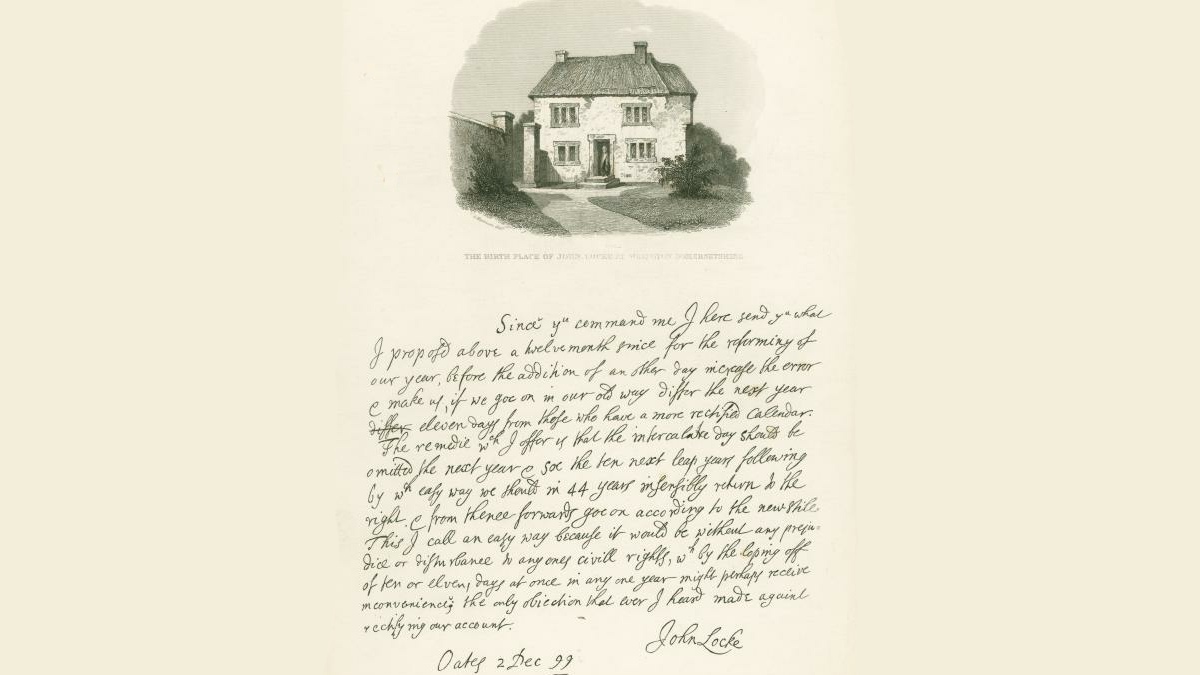Category: Economists
-
Karl Marx on religion – the logical flaw in Marxist economic theology
Karl Marx was a left-wing Hegelian who argued that God was an “opiate of the masses”. The purpose of this post is to give an answer to Marx’s view of religion for today’s time. Now more than ever, economics and wealth is a hot topic. The idea of the poor, the struggling middle class, and…
-
The economic theory of David Hume
David Hume was an 18th century philosopher who was important in the Scottish enlightenment and laissez-faire economics that lead to Smithian free market thinking. David Hume’s contribution to economics extended John Locke’s view of property rights as a center of economics a quantity theory of money international thery of the balance of trade Hume on…
-
Free market or government managed? – Which economic model Hayek or Keynes?
How do you see the future of the American economy? Which road is better? Please I beg you to watch the video below. You can skip my homily on economics and sit back and relax and watch one minute of the economic video. Just go to the center of the post and watch economics as…
-

John Locke Economic Theory
John Locke believed you are the owner of your own life. When I was 15 he was my favorite thinker, I read him and was amazed by his clarity. He was known as the father of liberalism. John Locke is the philosophical basis of free-market economics and an important idea for your life. Why? Locke…
-
Renaissance Economics
The main idea of how Renaissance economics broke from Medieval economics was, renaissance political economy started with the idea that people were motivated by self-interest. Adam Smith later modifies this idea to ‘enlightened self-interest’. This assumption replaced the ideal of fair or just economics in the understanding of theologians from the Middle Ages. The idea in…
-
Aquinas’ economics
St. Thomas Aquinas contribution to economic theory Thomas Aquinas’s economic thinking followed Aristotle’s economic thought. The basis was the idea of justice and wages, and prices. Economics was about fairness and justice to both philosophers. However, there was one idea that I liked was unique to the economic thinking of Aquinas. That is, Thomas Aquinas took Aristotelian…
-
Medieval Economics – Economic Fairy-tales From the Middle Ages
The serf was tied to the land he cultivated and received protection from the lord in return for certain economic and political services. The ultimate control of economic activity was in the hands of the king, who could, in most cases, transfer the feuds from one lord to another. Land and labour were transferred…
-
Economic Theory of Aristotle
The economics of Aristotle, money and prices and some lessons for today Economics comes from a Greek word oikos, meaning home or home economics. Political economy thinking started as an extension of home economics on a larger scale. The Ancient Greeks loved to use metaphors of people’s real lives and extrapolate it to the state, government…
-
John Maynard Keynes was wrong
John Maynard Keynes was wrong again For the historical record here is a document. It was put into PDF by the Cato Institute. I hope students of the history of economics will look back on this as confirmation that Keynesian economics is wrong. I recommend you download that file and review it. It is very…
-
Utilitarianism – Jeremy Bentham, John Stuart Mill – Utilitarian calculators
Utilitarians explain all human action The moral worth of a decision and action values its usefulness in maximizing utility/minimizing negative utility and this is summed among all living thinking beings. Jeremy Bentham (was not just a character on Lost) and John Stuart Mill (IQ of about 190) championed economic philosophy called Utilitarianism. What amazes me…